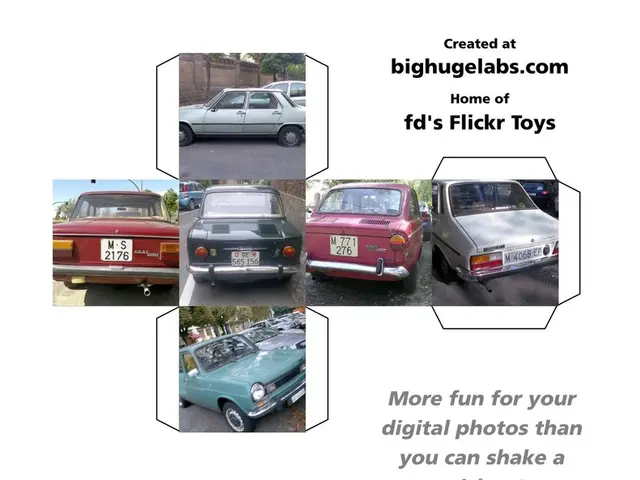India's Lithium-Ion Battery Production Outstrips Consumption by 2030
India is making significant strides in the development of its domestic lithium-ion (Li-ion) battery manufacturing sector, with plans to ramp up capacity dramatically over the next few years. The ambitious targets are driven by strong government incentives and private sector investments, aiming to create a self-reliant electric vehicle (EV) ecosystem and reduce dependence on imports.
Currently, India's domestic Li-ion battery manufacturing capacity stands at around 18 GWh in 2023. Key players include Reliance Industries, Amara Raja Energy & Mobility, and Neuron Energy, among others. The government's Production-Linked Incentive (PLI) scheme aims to establish an initial 50 GWh of battery cell capacity by 2026, with companies like Reliance Industries and Amara Raja Energy & Mobility playing pivotal roles. Reliance aims for 10 GWh of advanced chemistry cells, while Amara Raja plans to scale from a 2 GWh pilot plant to possibly 16 GWh over time.
On the localization front, India still relies heavily on imported raw materials and battery chemicals. To address this, domestic refining capacity is being developed alongside overseas partnerships for critical minerals like lithium and cobalt, particularly in South America and Africa. The government’s National Critical Mineral Mission, with a budget of ₹16,300 crore (~USD 2 billion), targets securing the full battery raw material supply chain—from exploration to recycling—including agreements in Argentina, Australia, Zambia, and Peru.
The electric vehicle market in India is forecasted to expand substantially, from USD 2 billion in 2023 to over USD 7 billion by 2025, with plans for 30% of the vehicle fleet to be electric by 2030. This growth fuels demand for indigenous Li-ion cells and energy storage systems. Expansion of battery manufacturing capacity, coupled with reduced Goods and Services Tax (GST) and tax incentives for EVs, is expected to drive down costs, reduce dependence on imports, and create a more self-reliant EV ecosystem—enhancing supply chain security and encouraging OEMs and manufacturers to localize further.
In summary, by 2030, India aims to have a robust, scalable domestic Li-ion battery manufacturing sector with localized raw material supply chains, enabling a competitive electric vehicle market with reduced import dependency and better supply security. The global demand for Li-ion batteries is expected to exceed supply by 2030, but India's strategic moves suggest that it will not only meet its own demand but also potentially contribute to the global supply.
| Aspect | Current Status (2023-2025) | Future Plans (by 2030) | |-----------------------------|---------------------------------------------------------------|----------------------------------------------------------------| | Li-ion Cell Capacity | 18 GWh capacity; pilot plants (e.g., Amara Raja 2 GWh) | Target ~145 GWh total capacity; 50 GWh targeted by 2026 under PLI| | Raw Material Supply | High import dependence; initial refining capacity and overseas mining deals underway (e.g., Argentina, Australia) | Expand domestic refining; strengthen critical minerals supply chain through National Critical Mineral Mission | | Key Industry Players | Reliance Industries, Amara Raja, Neuron Energy, others | Scaling production and R&D; advanced cell chemistry development | | EV Market Growth | USD 2 billion in 2023; strong growth expected | USD 7+ billion by 2025; 30% of vehicle fleet electric by 2030 | | Government Support | PLI scheme, GST reduction from 12% to 5%, income tax incentives | Continued policy support to boost manufacturing and localization|
As China dominates the Li-ion battery ecosystem in India, both in terms of raw material processing and manufacturing capacities, India's strategic moves suggest a shift towards self-reliance and increased competition in the global EV market.
Read also:
- Strategies for Minimizing Greenhouse Gas Emissions from the Built Environment
- Autonomous Model Y Electric Vehicles, Helmed by Elon Musk, poised to Transform Bay Area's Ride-Hailing Market with over 100 Units
- Tesla's Recent Gigacasting Innovation Sparks Skepticism
- GitHub's CEO, in a recent announcement, revealed his decision to resign from his position on Monday to resume his role as a startup founder.





